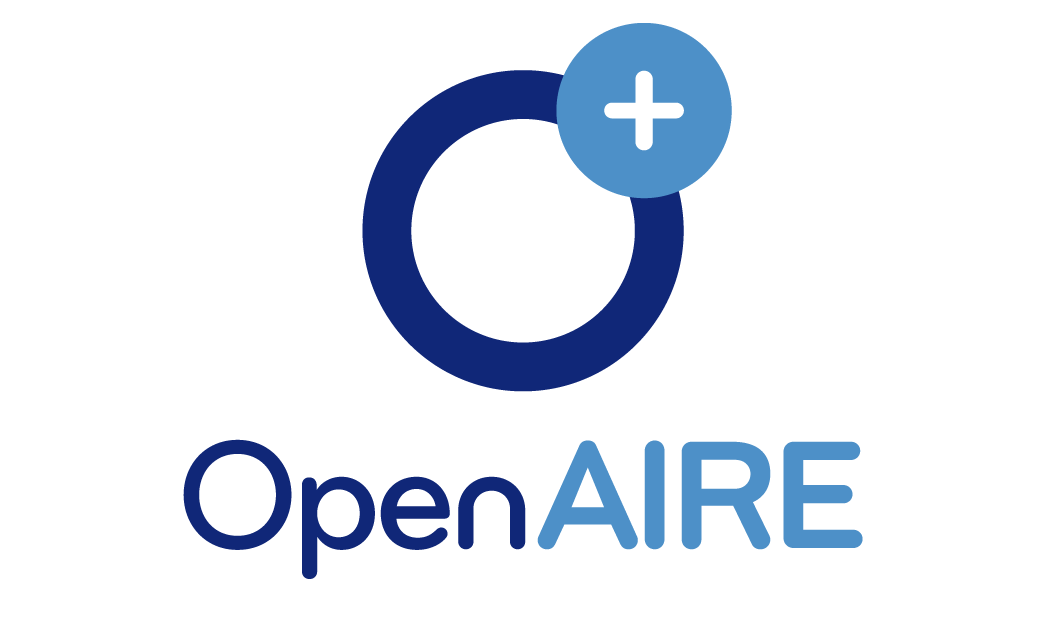MODELS AND APPROACHES OF CONTINUOUS PROFESSIONAL DEVELOPMENT
Keywords:
Continuous Professional Development (CPD), Communities of Practice (CoPs), Action Research, Collaborative Inquiry, Job-Embedded Learning, Teacher Training, Classroom Management, Professional GrowthAbstract
The article discusses various models and approaches of Continuous Professional Development (CPD) for teachers, such as Communities of Practice, Action Research, Collaborative Inquiry, and Job-Embedded Professional Learning. These approaches emphasize collaboration, reflective practice, and alignment with teachers' needs and classroom realities. The challenges and barriers to effective CPD include time constraints, inadequate resources, lack of support from school leadership, and insufficient follow-up. The perception of CPD as a top-down process, as well as ambiguity regarding its definition and scope, further complicates its implementation. The text underscores the importance of tailored and sustained CPD efforts that focus on teachers’ individual needs and experiences to enhance student outcomes and teacher efficacy.
References
1. Bell, M. (2012). Peer Observation Partnerships in Higher Education. Higher Education Research and Development Society of Australasia (HERDSA).
2. Birman, B. F., Desimone, L., Porter, A. C., & Garet, M. S. (2000). Designing Professional Development That Works. Educational Leadership, 57(8), 28-33.
3. Borko, H., Jacobs, J., & Koellner, K. (2010). Contemporary Approaches to Teacher Professional Development. International Encyclopedia of Education (3rd ed.).
4. Bybee, R. W. (2001). Effective Professional Development for Technology Education: Challenges, Approaches, and Models. National Center for Engineering and Technology Education.
5. Clarke, D. (2007). Professional Development in Classroom Management: Strategies for Success. International Journal of Teaching and Learning in Higher Education.
6. Combrinck, M. (2003). The Effectiveness of Professional Development Programs in South African Schools. South African Journal of Education, 23(3), 211-216.
7. Darling-Hammond, L., & McLaughlin, M. W. (1995). Policies That Support Professional Development in an Era of Reform. Phi Delta Kappan, 76(8), 597-604.
8. Darling-Hammond, L., & Richardson, N. (2009). Teacher Learning: What Matters? Educational Leadership, 66(5), 46-53.
9. Dent, M., Bourgeault, I., Denis, J.-L., & Kuhlmann, E. (2008). The Routledge Companion to the Professions and Professionalism. Routledge.





